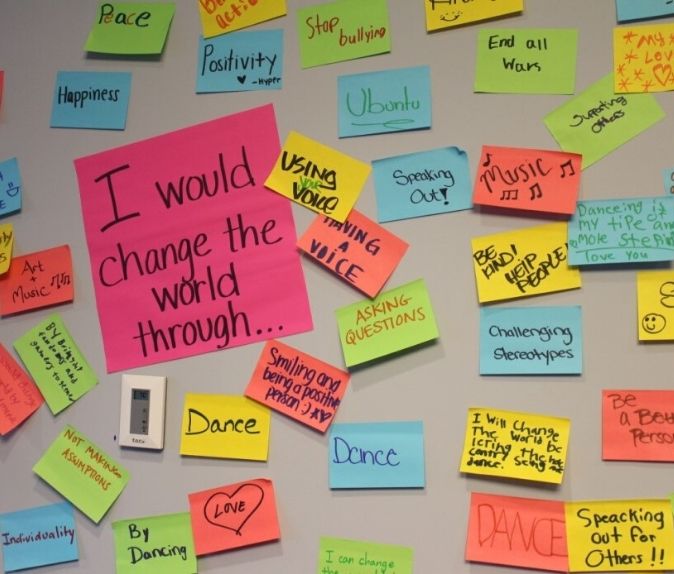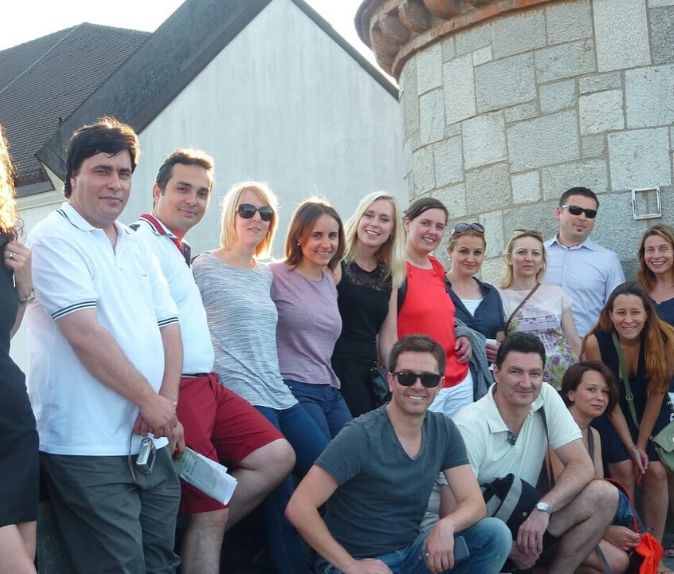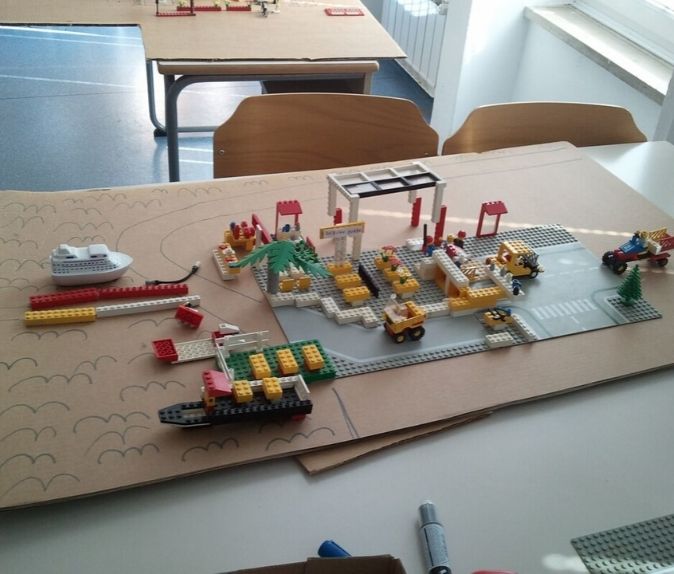Teaching Entrepreneurship in Schools: Experiential ApproachProject-based learning, design thinking, business modelling, focus on sustainability and social innovation.
Erasmus+ course summary
Project based learning structure of the course allows the participants to practice product development and business modelling in order to experience teaching basic entrepreneurship concepts. The course follows experiential learning including case studies, field work, thinking tools, interactive games and moderated discussions. The participants receive a workbook with sessions' summaries and descriptions of activities used along with the teaching guidelines and recommend interesting literature for further study. Key learning concepts include managing expectations of pupils about the entrepreneurship course, 5 € challenge, lean start-up, design thinking, prototyping, business modelling and planning. Learning material available in 6 languages: English, German, Italian, Romanian, Croatian, Slovene. "Teachers can change lives with just the right mix of chalk and challenges." – Joyce Meyer
Session dates
|
FeaturesRelated |
Course Content
PROGRAMME DAY-BY-DAY
Training usually takes place between 9:00 am and 14:00 pm, followed by after-class activities, that are optional.
DAY 1 We start off with an introductory meeting, explanation of practical arrangements and presentation of the participants and timetable. The participants are encouraged to express their expectations, needs and wishes regarding the content of the programme and learning methods. * We continue with an introduction to entrepreneurship, managing pupils’ expectations about such course, including icebreakers and the challenges of technology in entrepreneurship. . Entrepreneurial activities in a classroom: 5 € challenge etc. DAY 2 Teaching models of entrepreneurship: cooperation with local stakeholders, experiential approach, non-formal learning. Finding a business idea. Lean start-up, creating, finding and pursuing business opportunities. Field work: introduction and practicing field work. DAY 3 Design thinking. User analysis, interpretation of the field work. Creating innovation opportunities. Guest teacher. Half-day excursion. DAY 4 Conceptualization, creating ideas, teaching creativity. Creative thinking tools for innovating and addressing users' needs. Prototyping: introduction and practicing different prototyping activities. DAY 5 Teaching and practicing elevator pitch. Creative presentation of business ideas. Transforming any business idea into social entrepreneurship business idea. Challenges in teaching entrepreneurship. DAY 6 Evaluation and farewell. Documentation and certificates of attendance. * Some changes in the programme are possible - the content of the course is always adapted to the participants previous knowledge, expectations and requirements. The participants receive the Informational Booklet a few weeks prior to the start of the course. |
ERASMUS+ COURSES BY PRIMERA
Provoke initiative and proactivity by fostering entrepreneurial thinking.
BLOGS
Read about the topics in the Entrepreneurship course
INTERNATIONAL ERASMUS+ LEARNING WITH PRIMERA
Become a member of Primera's international learning community.
Your network is a family you choose. |








